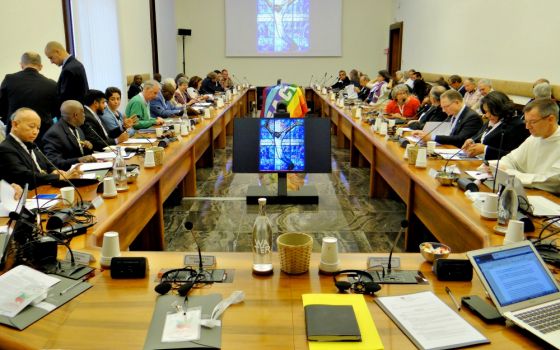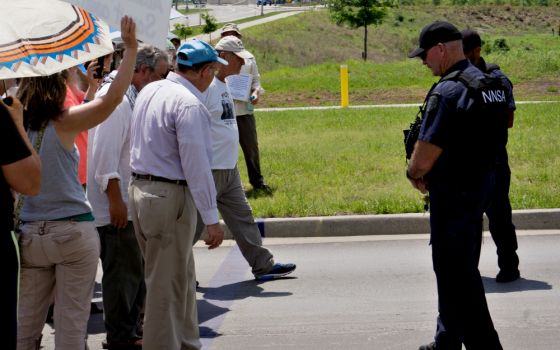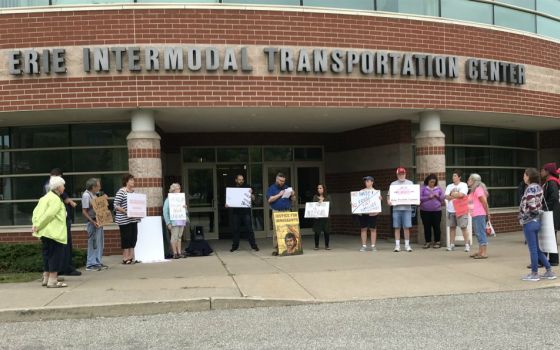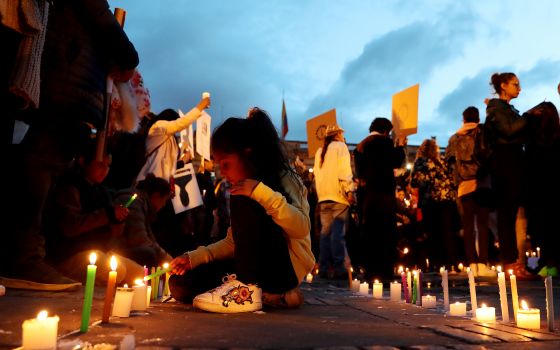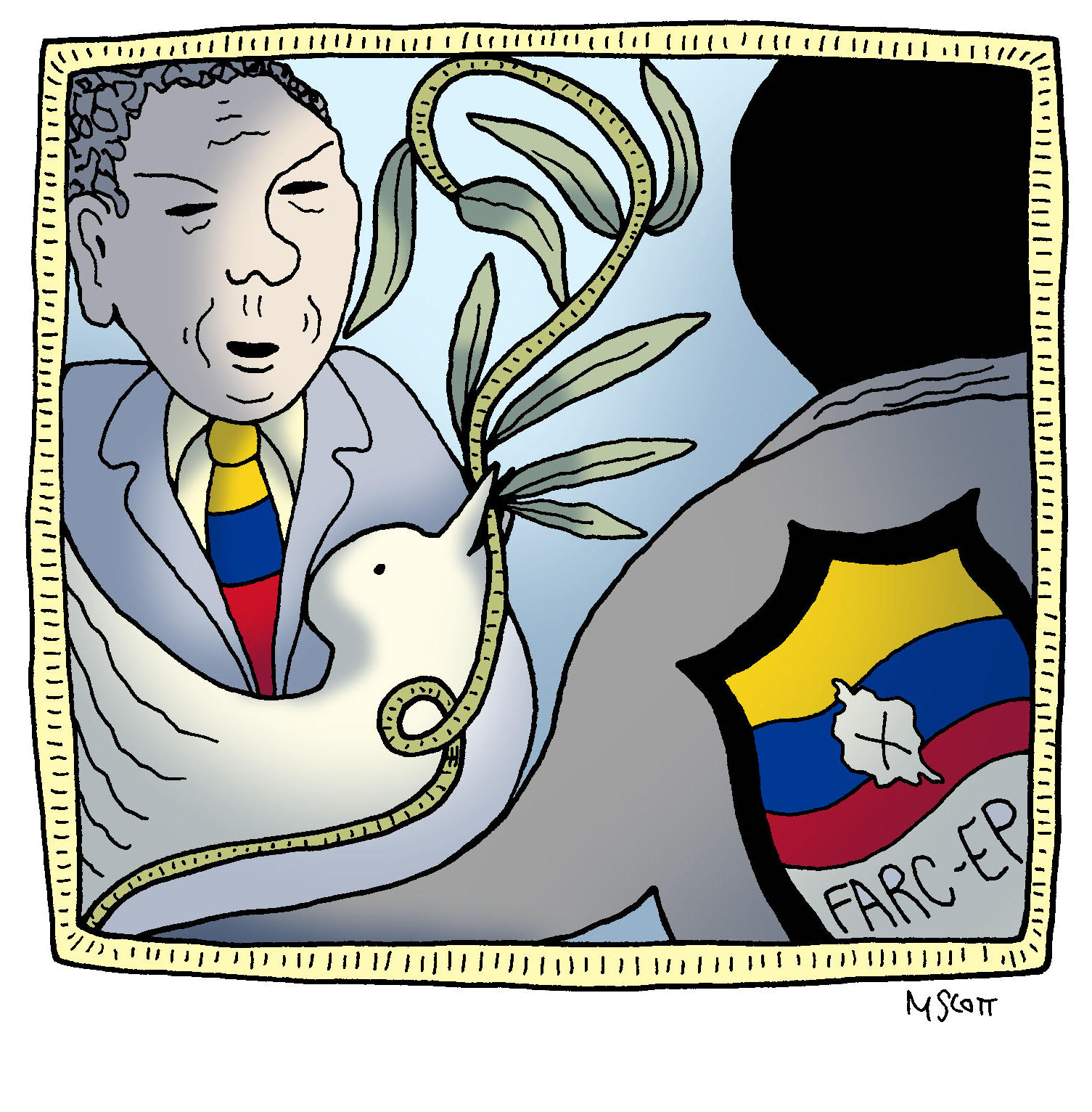
For decades, it was almost impossible to read anything about Colombia without, somewhere in the text, running into the word violence. Colombia, violence, drugs, atrocities, came all of a piece, it seemed, with no hope or end in sight.
It is momentous, then, that even with the October vote that turned down a peace agreement worked out between the government and the leading rebel group, the Revolutionary Armed Forces of Colombia, or FARC, the world continues to watch hopeful signs that peace will become the permanent condition.
President Juan Manuel Santos, who received the Nobel Peace Prize Oct. 7 for his ongoing efforts to end a 52-year civil war, had faced a setback five days earlier when the country rejected by the narrowest of margins — and with only 37 percent of the population voting — the accord he had signed in August and celebrated with a flourish in September.
At the center of the dispute over the accord is public reaction to concessions made to FARC for disarming, confessing to past crimes and ending involvement in the drug trade, which has fueled the conflict in recent years. Opposition to the accord is led by former President Alvaro Uribe.
"It comes down to some kind of discussion of amnesty versus accountability, and it's very hard to strike that right balance," said Gerard Powers, director of Catholic peacebuilding studies at Notre Dame's Kroc Institute for International Peace Studies. "People of goodwill disagree what that right balance is in any given situation, so it's not surprising there's a lot of disagreement in places like Colombia."
Perhaps the real surprise is that there is so much public sentiment and will in favor of the agreement. Santos, who has already paid a political price for his work on the agreement, has extended a truce until the end of the year in hope of renegotiating the deal to the satisfaction of rebel groups and the populace.
The extension, reported Reuters, came after Santos met with student leaders who had organized two major marches in support of the peace deal. In a televised address, the president said, "One of the students reminded me that in the army and in the guerrilla ranks there are young people waiting see what happens, hoping that they don't need to fire another shot."
The process in Colombia, as was the case in a number of other Latin American countries, is a sober reminder that achieving peace more often than not involves a long and difficult slog out of the horrors of war. In the case of Colombia, it will require the people to muster the will to somehow move beyond the reality of a half century of war claiming more than 220,000 lives.
It is easy to equate the violence of recent years with the drug trade, but the violence and dysfunction of the current era is rooted in deep systemic problems, inequality, exploitation of the poor, and ineffective civil institutions. The agreement as currently constructed would include initiatives that could eventually bring long-overdue change in the forms of agrarian and structural reforms and investment in social programs lifting large segments of the population out of poverty.
Not to be overlooked in all of this is the very real, determined, difficult work of peacemaking by Catholic institutions, which proved influential in the process. Notre Dame's Powers called Colombia "one of the best examples of Catholic peacebuilders in the world." The church worked so effectively, he said, because it earlier "worked on so many different issues that relate to the conflict of the peace process — from human rights advocacy, to trauma healing, to mediating local conflicts, to its work on resettling displaced people, and all the emergency response work it does."
This is the real work of peace, the work that must be done, even though the church may never settle arguments, as he put it, over whether Jesus was an absolute pacifist. The real business of peacemaking is in the trenches and the most persuasive argument for peace is demonstrated in the lives dedicated to making it happen in everyday circumstances, especially in places as dangerous and seemingly unyielding as Colombia.
That example will certainly be needed to help close the deal in these final months, a deal that will require a degree of forgiveness and reconciliation that most of us would find extremely difficult.
As Powers described it, the church's work involves nothing less than showing how to "reintegrate these FARC combatants back into communities that they've terrorized for a generation or more. That has nothing to do with just war and pacifism, and everything to do with pastoral engagement."
What a great sign of hope it would be if the terms Colombia and peace were to become inextricably linked.
